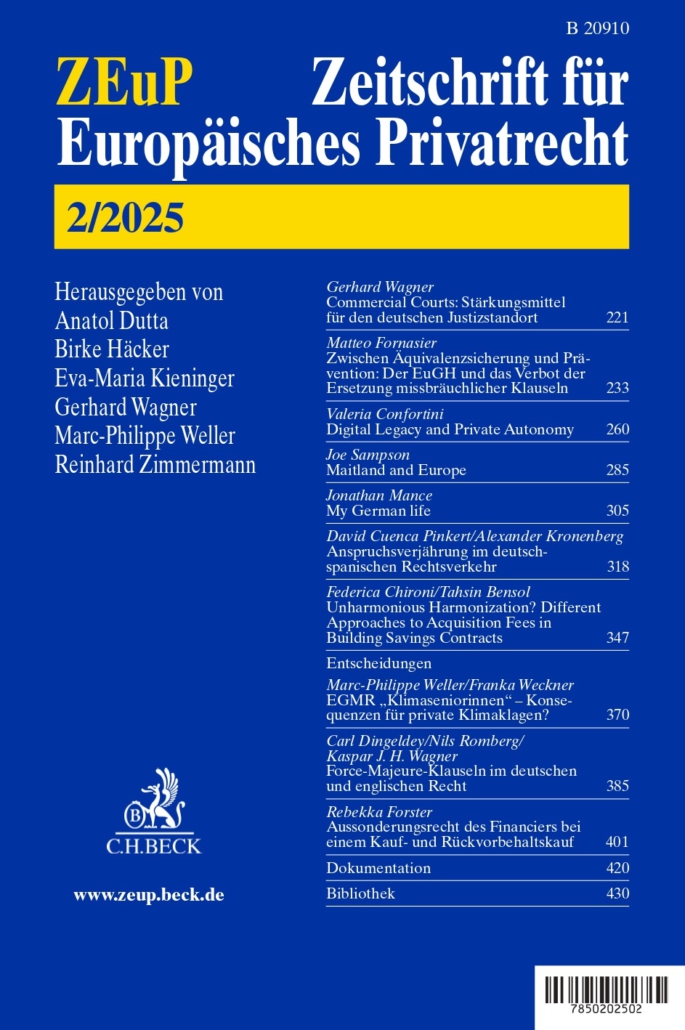HCCH Monthly Update: April 2025
Membership
On 10 April 2025, Qatar applied to become a Member of the HCCH. On the same day, the Secretary General of the HCCH opened the six-month voting period during which all current Members of the HCCH may cast their vote on the proposal. Following this voting period, and provided a majority of votes are cast in favour, Qatar will be invited to become a Member by depositing an instrument of acceptance of the Statute of the HCCH. More information is available here.
Meetings & Events
From 2 to 4 April 2025, the conference “15 Years of the HCCH Washington Declaration: Progress and Perspectives on International Family Relocation” was held at the Embassy of Canada in Washington, D.C., United States of America. The conference was jointly organised by the Embassy of Canada, the International Academy of Family Lawyers (IAFL), and the HCCH. More information is available here.
From 7 to 11 April 2025, the Working Group on Parentage / Surrogacy met for the fourth time. Pursuant to its mandate, the Working Group continued its consideration of draft provisions for one new instrument on legal parentage generally, including legal parentage resulting from an international surrogacy agreement. More information is available here.
On 30 April 2025, the seventh meeting of the Working Group established to complete the Country Profile and work on the draft Cooperation Request Recommended Model Form for the 1996 Child Protection Convention was held online, hosted by the Permanent Bureau. More information is available here.
Upcoming Events
The webinar “HCCH 2019 Judgments Convention: Bridging Global Justice” will be held via Zoom on Tuesday 6 May 2025 from 4.00 p.m. to 5.30 p.m. (Hong Kong time), hosted by the HCCH’s Regional Office for Asia and the Pacific. Interested persons should register no later than this Friday, 2 May 2025, at 5.00 p.m. (Hong Kong time). More information is available here.
These monthly updates are published by the Permanent Bureau of the Hague Conference on Private International Law (HCCH), providing an overview of the latest developments. More information and materials are available on the HCCH website.





